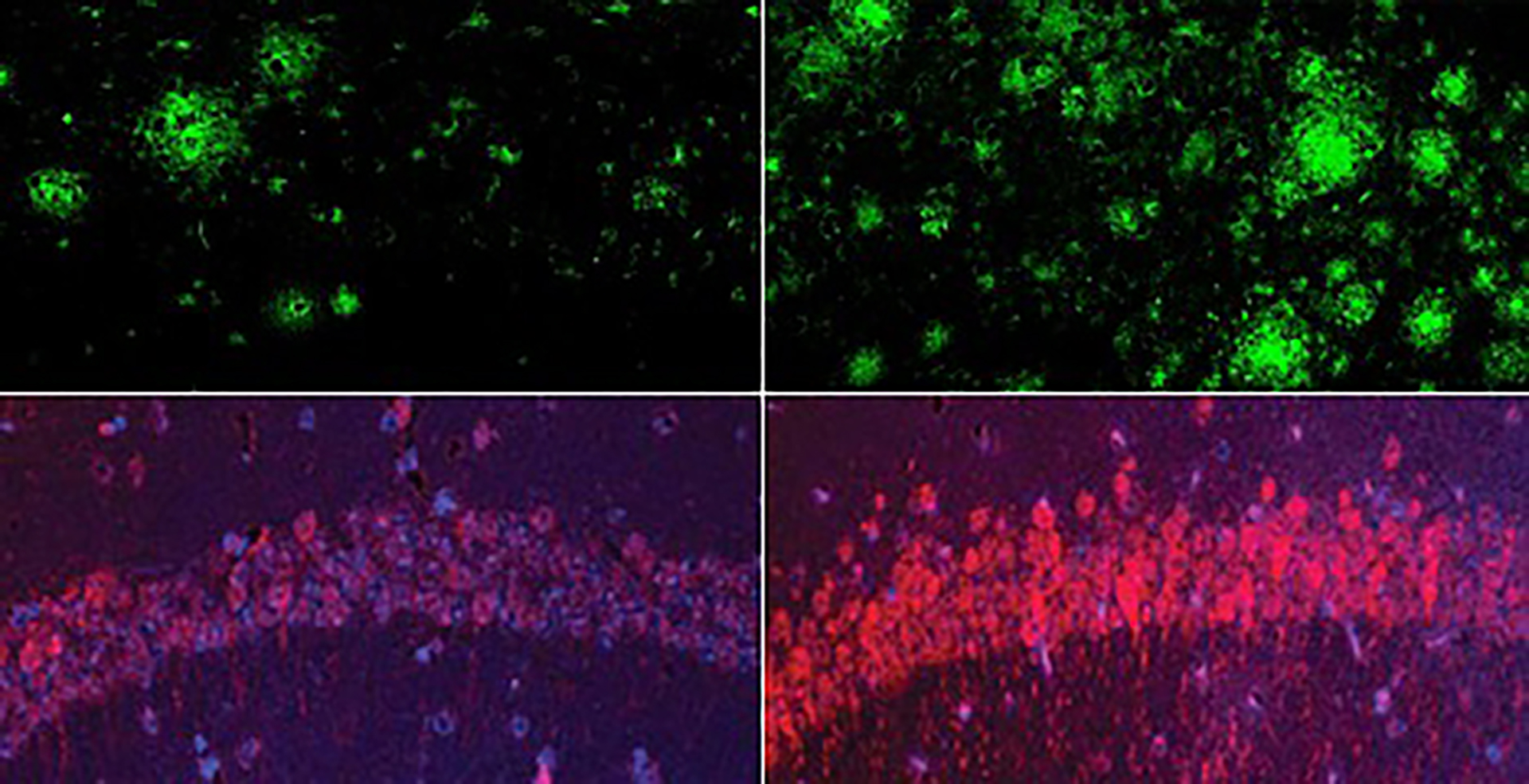
"A team of researchers at Harvard Medical School has discovered that lithium deficiency in the brain is one of the earliest changes leading to Alzheimer's disease."
"Lithium occurs naturally in the brain, shields it from neurodegeneration, and maintains normal function of all major brain cell types."
"The findings show that a novel lithium compound restored memory in mice, offering a new strategy for early diagnosis, prevention, and treatment of Alzheimer's."
"Lithium screening through routine blood tests may identify at-risk individuals who could benefit from treatment to prevent or delay Alzheimer's onset."
Research from Harvard Medical School reveals that lithium naturally found in the brain protects against neurodegeneration and facilitates normal brain cell function. Decreased lithium levels are linked to early Alzheimer's changes and accelerated memory decline, particularly through interactions with amyloid plaques. A novel lithium compound showed potential in restoring memory in mouse models. These discoveries provide a new perspective on Alzheimer's disease, suggesting that routine lithium screening could help identify individuals at risk and lead to preventive treatments.
Read at Harvard Gazette
Unable to calculate read time
Collection
[
|
...
]